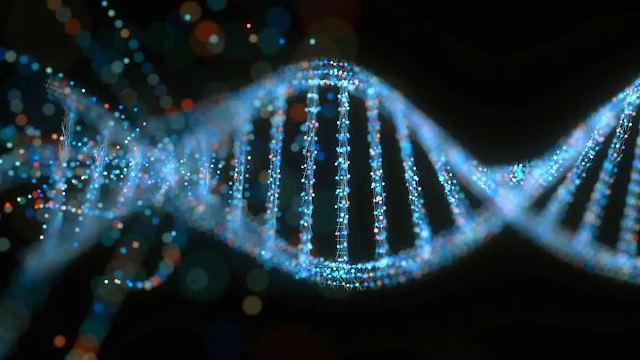Diagnostic Assay Development: Custom Oligos & Probes from Eurofins Genomics
Diagnostic assay development is the process of creating accurate tools to detect diseases, genetic markers, or pathogens. It starts with designing the right building blocks, like oligonucleotides (short DNA or RNA bits) and probes. These tools help scientists find, measure, and understand important genetic information.
At Eurofins Genomics, the focus is on high-quality, custom-designed oligonucleotides and probes. Their solutions are built for precision. This helps labs and researchers get reliable results, even when testing for tough targets. You can learn more directly from their page here: eurofinsgenomics.com — the content explains how each part contributes to strong diagnostic assay development.
1. How Oligonucleotides Help
Oligonucleotides are short sequences of genetic material. In diagnostic assay development, they are crucial because they:
Bind specifically to the DNA or RNA you want to detect, giving high specificity.
Enable amplification through PCR (polymerase chain reaction), which can make even tiny amounts of target genetic material detectable.
Play a role in sequencing, helping create accurate libraries for next-generation sequencing (NGS). This is especially important when you want to analyze multiple genes or detailed genetic changes. (eurofinsgenomics.com)
2. The Role of Probes
Probes are like tiny detectives. When they find the right spot on a sample, they light up the result:
Some probes use fluorescent tags that glow when they bind, allowing labs to monitor binding in real time.
Others use electrochemical detection, which works without extra labels—great for tests that need to be simple and robust.
Eurofins designs probes to be stable in real-world lab or clinical conditions, so they stay reliable over time.
3. Where These Tools Are Used
The custom oligos and probes support many important diagnostic areas, including:
Infectious disease testing: spot bacteria like Mycobacterium tuberculosis or viruses like SARS-CoV-2 or HIV.
Genetic disorder detection: identify mutations in diseases like cystic fibrosis or detect cancer-related changes.
Cancer diagnostics & biomarker discovery: track cancer markers, help personalize treatments, and help researchers find new biomarker targets.
4. Why Choose Eurofins for Diagnostic Assay Development?
Eurofins stands out in diagnostic assay development for several reasons:
Customizable design lets you pick primers or probe sequences that match your exact needs.
High-quality production, following strict quality control, means reliable and consistent assays.
Scientific expertise: the team includes experienced scientists who help with assay design, validation, and application.
5. Validated and Certified
Their process is trusted and validated using well-known methods, such as:
Mass spectrometry
PCR and qPCR
Sanger sequencing
Next-generation sequencing (NGS)
Once an assay is validated, Eurofins provides a detailed report. You can use the assay directly with their services or transfer it to your own lab if needed.
They also hold major certifications like cGMP, GLP, CAP, CLIA, ISO 9001, ISO 13485, and ISO 17025. This shows they meet high standards in quality and regulatory compliance.
6. In Summary
Diagnostic assay development depends on having precise tools: oligonucleotides and probes. Eurofins Genomics offers both, designed with care, tested thoroughly, and ready for many diagnostic needs. Their custom design, quality manufacturing, and expert backing make them a strong partner whether you need to detect pathogens, genetic disorders, or biomarkers.
To explore more about their services and how they support diagnostic assay development, check the Eurofins page here: eurofinsgenomics.com

Comments
Post a Comment